Environment
-
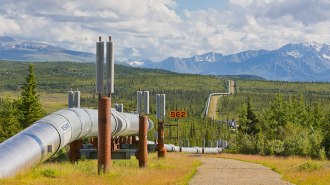 Environment
Environment50 years ago, protests and promises launched the Trans-Alaska Pipeline
50 years ago, the upcoming Trans-Alaska Pipeline prompted an economic boom amid outrage from environmental and Native American groups.
By Mike Denison -
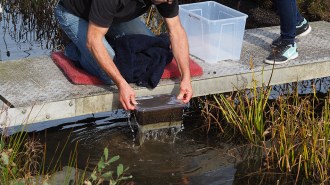 Ecosystems
EcosystemsFewer worms live in mud littered with lots of microplastics
The environmental effects of microplastic pollution are still hazy, but new long-term, outdoor experiments could help clear matters up.
-
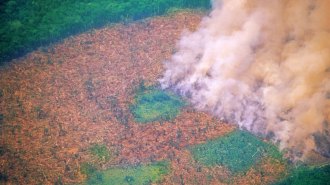 Earth
EarthWildfires could flip parts of the Amazon from a carbon sponge to a source by 2050
Climate change and deforestation could double the area burned by fire in the southern Amazon by 2050, flipping the forest from carbon sponge to source.
-
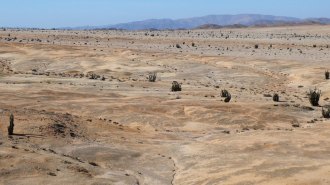 Ecosystems
EcosystemsA newly found Atacama Desert soil community survives on sips of fog
Lichens and other fungi and algae unite to form “grit-crust” on the dry soil of Chile’s Atacama Desert and survive on moisture from coastal fog.
By Jack J. Lee -
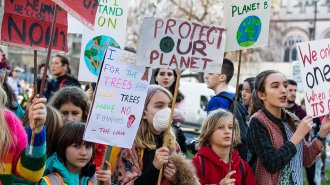 Climate
ClimateCountries urgently need to ramp up emissions cuts to meet climate targets
A new U.N. report finds that pledged emissions cuts aren’t nearly enough to limit warming to “well below” 2 degrees Celsius by 2100.
-
 Climate
Climate50 years ago, scientists puzzled over a slight global cooling
Five decades ago, scientists were puzzled over a slight dip in global temperatures. Today we know it was just a blip, and that Earth’s climate is warming thanks to industrial activity over the last century.
-
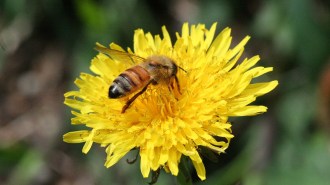 Animals
AnimalsPower lines may mess with honeybees’ behavior and ability to learn
Under power lines, honeybees might suffer neurological effects from exposure to electromagnetic fields.
-
 Ecosystems
EcosystemsCan forensics help keep endangered rosewood off the black market?
Timber traffickers are plundering the world’s forests, but conservationists have a new set of tools to fight deforestation.
By Edward Carver and Sandy Ong -
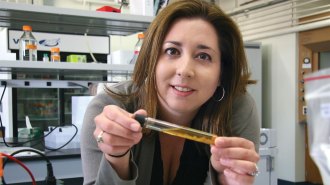 Life
LifeMichelle O’Malley seeks greener chemistry through elusive fungi
Michelle O’Malley studies anaerobic gut fungi, microbes that could help make chemicals and fuels from sustainable sources.
-
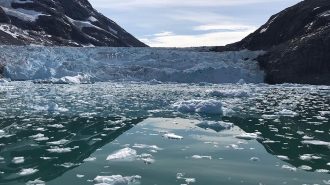 Climate
ClimateHow climate change is already altering oceans and ice, and what’s to come
A new IPCC report gives the lowdown on how climate change is already wreaking havoc on Earth’s oceans and frozen regions, and how much worse things could get.
-
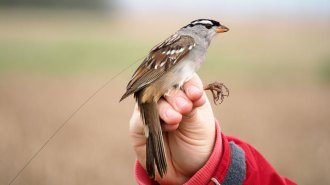 Agriculture
AgricultureBirds fed a common pesticide lost weight rapidly and had migration delays
Scientists have previously implicated neonicotinoid pesticides in declining bee populations. Now a study suggests that songbirds are affected, too.
By Maanvi Singh -
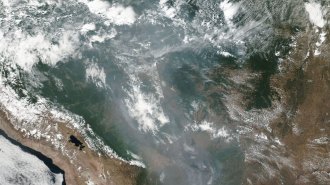 Earth
EarthBrazil’s Amazon has burned this badly before. This year’s fires are still bad
An environmental scientist discusses possible impacts from the thousands of fires burning across the Brazilian Amazon rainforest.